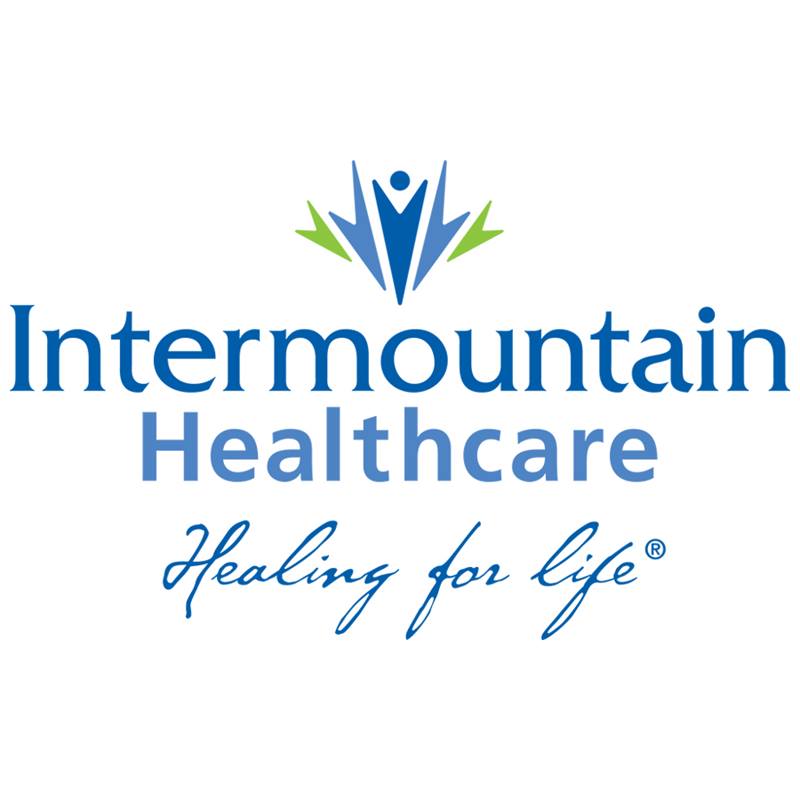Use Intermountain Connect Care®
Learn More.
How can we help?

IRA Charitable Rollover - If you are 70 and 6 months or older, you can make a gift of up to $100,000 from your IRA this year to help our causes at Intermountain Dixie Regional Medical Center and Cedar City Hospital. Making direct charitable gifts from your IRA is one of the best ways to give to us, and it is simple to do. Gifts from your IRA are not reportable as taxable income and, therefore, are not included in your adjusted gross income.
Charitable Bequest - If you plan to include charitable gifts in your estate plans, consider naming a charity like ours as the beneficiary of your IRD assets while leaving your cash and other investment assets to your heirs. Why? Charities are tax exempt and, unlike your heirs, will not pay taxes on IRAs and other retirement plans. Naming a charity as the beneficiary of an IRD asset is easy. You can make a beneficiary designation by completing a simple form provided by your plan administrator. Then leave your heirs the assets like your home or stocks that can step up to fair market value when you pass away. This permits your heirs to sell these assets with little or no tax due and make use of their full inheritance.
Charitable Gift Annuity - Some individuals prefer leaving their IRD assets to fund a charitable gift annuity that will benefit a friend or family member with lifetime fixed payments. Typically, this type of gift is appropriate when the beneficiary is fairly senior and/or would like to receive payments that never change. A gift annuity is easier and less expensive to establish and administer than a charitable remainder trust. It also may be funded with a much lower amount. With this plan, usually only one charity is the named beneficiary of the remaining value. Please contact us to view an illustration of this plan for your loved one.
Charitable Remainder Trust - Funding a charitable remainder trust with your IRA or other IRD assets as part of your estate plan can help you provide for your heirs and lessen their tax burden. The trust will pay your loved ones income over a number of years. Your heirs will pay tax on the income over time, as opposed to facing a large tax bill if IRA proceeds were given to them all at once. At the end of the trust, any remaining principal will go to help further our mission.
May we Assist You? - Our planned giving officers are here to help. Please contact Joel Deceuster at Intermountain Dixie Regional Medical Center (435) 251-2478 or Michael France at Intermountain Cedar City Hospital (435) 868-5809 to learn how you can provide for the people and the causes you care the most about while avoiding unnecessary tax on your IRD assets.
This information is not intended as tax, legal or financial advice. Gift results may vary. Consult your personal financial advisor for information specific to your situation.